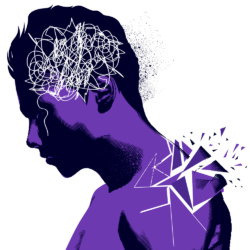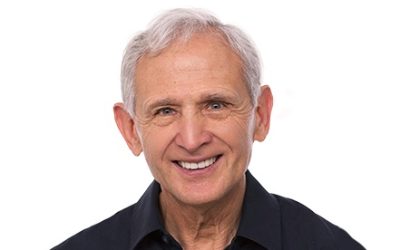🌟 New Year Offer 🌟
Celebrate 2026 with 30% OFF on all products! Use code: NEWYEAR2026. Hurry, offer ends soon!
A Brain-Based Approach to Working With Implicit Memories of Inadequacy.
The 2 essential elements that result in a healthy sense of worth. One strategy that can help clients doubt their self-doubts.
File Size: 6.37 GB.
NICABM – Working With Core Beliefs of “Never Good Enough”
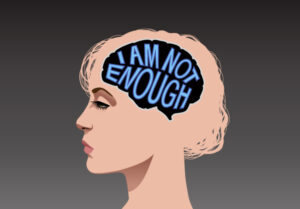
Practical Strategies For Working With a Client’s Feelings of Worthlessness.
To help clients shift out of these painful core beliefs, we need to:
- know why the ruminating brain embellishes feelings of self-contempt
- understand the specific biological factors that fuel inadequacy
- understand how self-criticism exerts an enduring influence on a person’s breathing, posture, and movement patterns
- address the one overlooked fear that directly links feelings of “never good enough” to depression
So we asked 17 of the top experts in the field how they work with feelings of inadequacy. This is the result.
Working With Core Beliefs of “Never Good Enough”

Three Tools to Help Clients Reverse a Sense of Worthlessness
Marsha Linehan, PhD Kelly McGonigal, PhD Ron Siegel, PsyD
- One assessment that can shift a client’s feelings of inner deficiency
- How to identify where the client is inviting others’ judgment (and how to help them see it)

A Brain-Based Approach to Working With Implicit Memories of Inadequacy
Pat Ogden, PhD Kelly McGonigal, PhD
- How to reprocess the formative memories that create a core inadequacy
- How to overwrite the imprint of a client’s early childhood experiences

How to Help Clients Internalize Positive Experiences
Rick Hanson, PhD Ron Siegel, PsyD
Kelly McGonigal, PhD Bill O’Hanlon, LMFT
- The 2 essential elements that result in a healthy sense of worth
- One strategy that can help clients doubt their self-doubts

How to Help Shift the Self-Critical Mind
Linda Graham, LMFT Bill O’Hanlon, LMFT
- Why feelings of inadequacy may inhibit neuroplasticity
- One important thing a client has to believe before their thinking will shift

How to Resource Clients Against Toxic Self-Judgment
Shelly Harrell, PhD Kelly McGonigal, PhD
- Why connecting a client to their values is ineffectual unless you follow it with this step
- One practical method that helps clients cultivate a sense of dignity
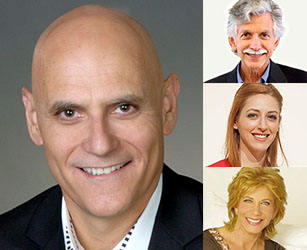
How to Help Clients Heal From Deeply-Internalized Judgment
Steven Hayes, PhD Ron Siegel, PsyD
Kelly McGonigal, PhD Joan Borysenko, PhD
- One crucial part of our cognition that makes us prone to self-judgment
- The one change of perspective that reframes a client’s critical thoughts
- Why you shouldn’t try to disprove early feelings of inadequacy
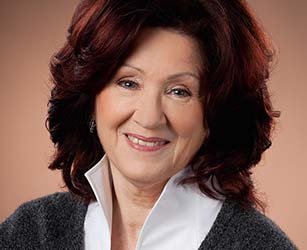
How to Repair an Attachment History That Fosters Self-Loathing
Sue Johnson, EdD
- How to minimize the client’s risk when they confront the root of their self-contempt
- Why we need to help clients clarify their “I’m defective” message

One Life-Changing Antidote for a Root Sense of Unworthiness
Joan Borysenko, PhD Kelly McGonigal, PhD
- How to help clients detach from “worthless worm syndrome”
- One selfless act that can reverse pervasive feelings of “never good enough”
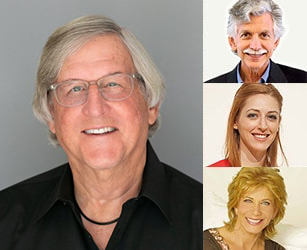
How to Approach Unrealistic Expectations of Perfection
Michael Yapko, PhD Ron Siegel, PsyD
Kelly McGonigal, PhD Joan Borysenko, PhD
- How to help clients shift toward being effective over being right
- How to help clients develop immunity from others’ approval (and disapproval)
Here’s What You’ll Get:
Everything is yours to keep forever in your professional library
| – | Downloadable videos so you can watch at your convenience, on any device |
| – | Audio recordings you can download and listen to at home, in the car, at the gym or wherever you like |
| – | Professionally-formatted transcripts of the sessions, to make review and action simple |
| – | Three downloadable bonus videos to help you work more effectively with feelings of “never good enough” |
Starting Today, This Program Can Change the Way You Practice

Steven Hayes’s message. . . gave me a very new and powerful gift that I can’t wait to use with my clients.
“I am so happy that we are working on this topic. I am very much a “never good enough” person, and Steven Hayes’s message truly touched the inner hurt in me, and gave me a very new and powerful gift that I can’t wait to use with my clients.”
Brent Schrader, Social Worker
Farmington, NM

. . . I feel so fortunate to have this access to brain power, experience and research synthesis . . .
“When I listen to the experts talk openly about their experience, I feel so fortunate to have this access to brain power, experience and research synthesis on cutting edge issues! I go back to the videos to reinforce things that will assist my clients.”
Mary Logan, Counselor
Ipswich, MA
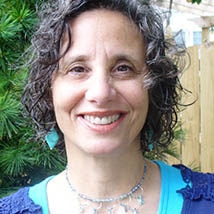
. . . some dare to go the extra journey to research and educate
“These NICABM series keep me afloat, in touch, on track, well trained in my field, and more personally healthy. The best aspect, though, is that I feel validated and comforted knowing that some dare to go the extra journey to research and educate, so I can walk the path to health, and can share with others.”
Mary Corsello-Vilcheck, LCSW
Midlothian, VA
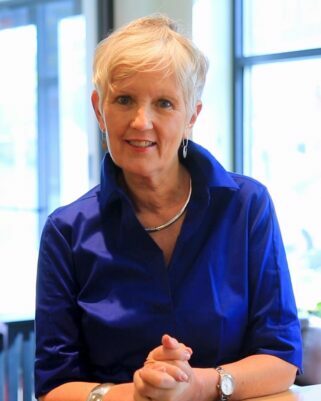
Course Director
Ruth Buczynski, PhD
Course Features
- Lecture 0
- Quiz 0
- Duration 10 weeks
- Skill level All levels
- Language English
- Students 115
- Assessments Yes


